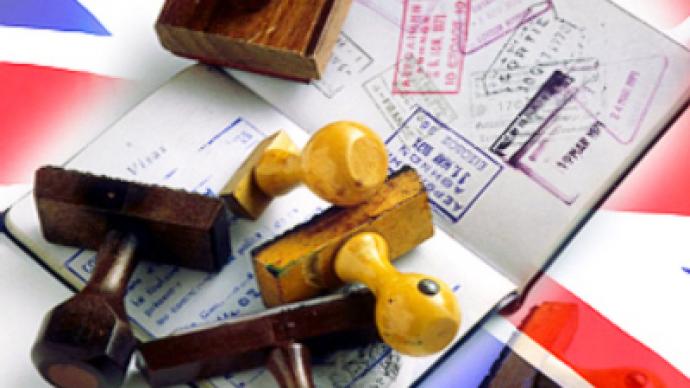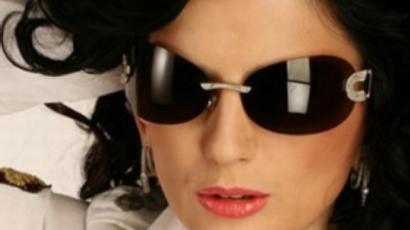Freedom or fingerprints?

World-famous artists are refusing to perform in Britain in the wake of the latest visa regulations which oblige all non-EU citizens heading to the UK to provide fingerprints and a facial scan upon every entry.
The requirements, which many have called “parochial and suspicious”, have prevented one of the best pianists in the world, Grigory Sokolov, from performing at the Royal Festival Hall at the Southbank Centre on April 29.
For many years, the Russian musician applied for his visa by proxy. Currently based in Verona, the 58-year-old pianist was required to travel to Rome in person to have his fingerprints taken at the British embassy. Southbank Centre press manager Dennis Chang issued a statement stating that Sokolov won’t be able to perform at the Royal Festival Hall “due to the difficulties of obtaining a visa to perform in the UK after the introduction of new UK government regulations last year, despite the best efforts of Harrison Parrott artists’ agency, Southbank Centre and the artist’s management to facilitate the visa in representations to the government. Attempts to help resolve this were also supported by, and with advice from, a number of leading cultural organizations, including the International Artists Managers Association (IAMA).”
It’s not the first time Sokolov’s concert has had to be cancelled. Last year his much-anticipated show at the Barbican was also called off.
Grigory Sokolov refused to comment on the matter. His agent, Franco Panozzo, told RT “he was deeply saddened” and doesn’t know when he will be able to perform in the foreseeable future.
When asked to comment the situation, a UK Border Agency spokesperson said: “Britain recognises and welcomes the contribution of creative artists, but it’s important that everyone coming to the UK plays by the rules. Fingerprint visas are an integral part of our strong border. Anyone requiring a visa, three quarters of the world's population, now has their fingerprints checked against UK databases.
”So far we have enrolled over 3.6 million sets of fingerprints, detecting over 5,200 cases of identity swaps. We want the UK to stay open and attractive for creative artists. But at the same time we are determined to deliver a system of border security which is among the most secure in the world.
“That’s why we have introduced the new points based system – part of the biggest shake up to the immigration system in a generation. It combines more than 80 pre-existing work and study routes in to the United Kingdom into five tiers. It is a fair, transparent and objective system that will enable potential migrants to assess their likelihood of making a successful application.”
Last February a group of prominent artists, musicians, gallery directors and academics launched a campaign against UK Home Office restrictions. They’ve come up with a petition calling for the new immigration laws to be reconsidered.
Meanwhile, Russian pianist Grigory Sokolov is not the only artist who has recently suffered from the visa regulations.
A Chinese artist Huang Xu was refused a visa to attend his exhibition at London’s October Gallery, due to open February 2009.
A British artist Anne Bean was selected for the “Visiting Arts International Scheme” and wanted to invite her Kurdish-Iraqi counterpart to the UK. However, the young artist would have to travel 900 kilometres to Beirut to apply for her visa and stay there for three weeks, waiting for the result.
Members of African jazz band, Les Amazones de Guinée, had to pay 3,500 pounds to travel from Guinea to Sierra Leone to have their fingerprints taken. In the end, the band was refused entry to the UK.













